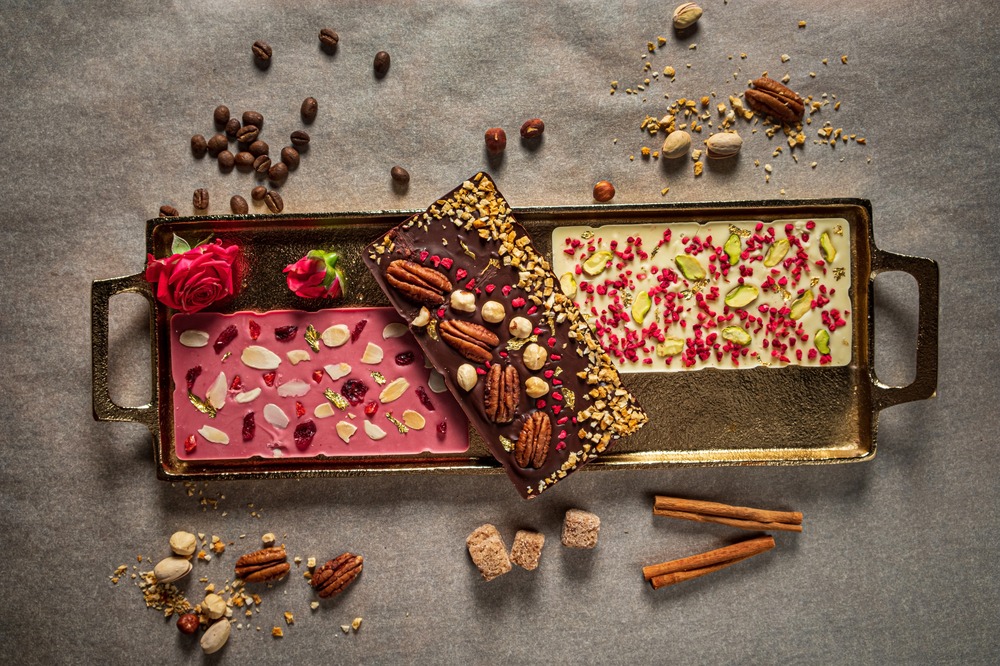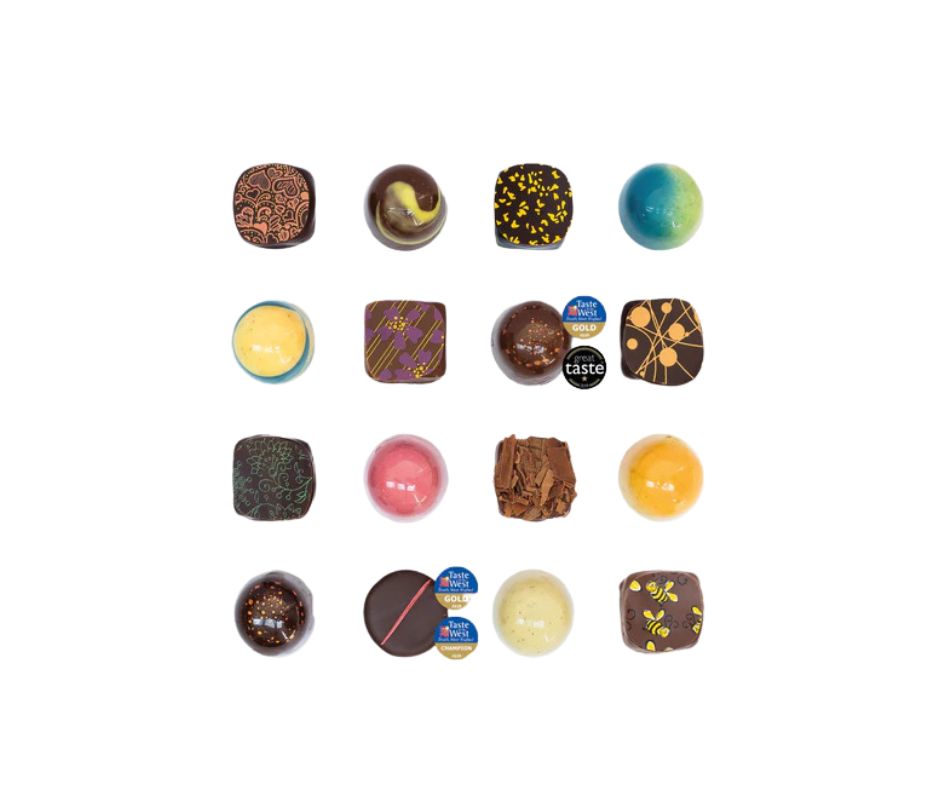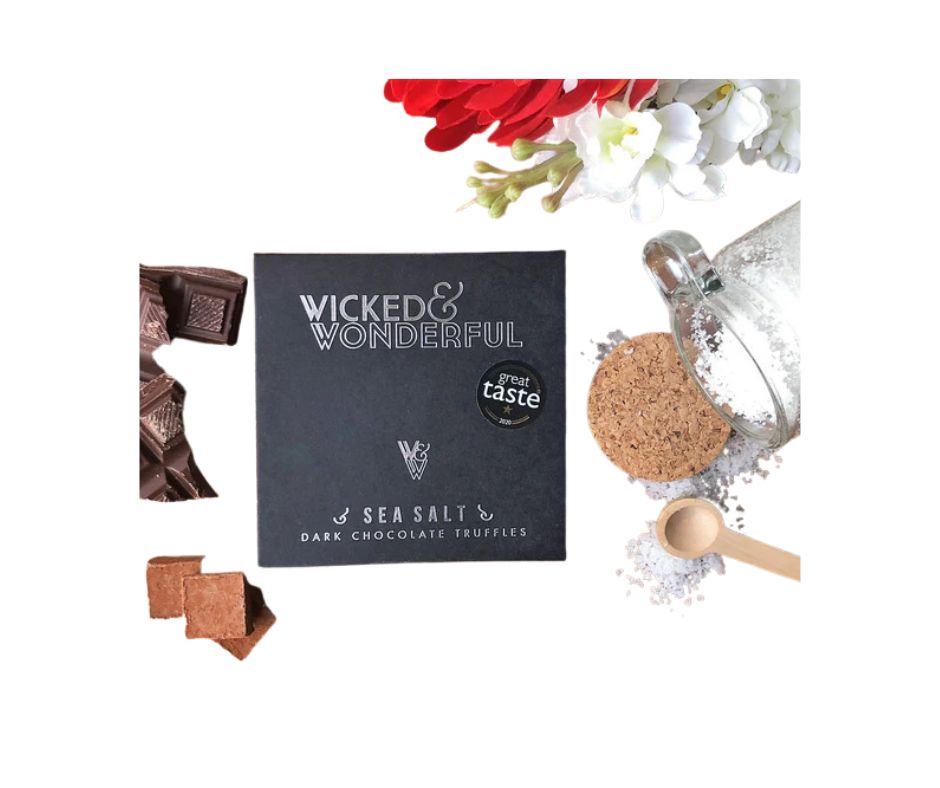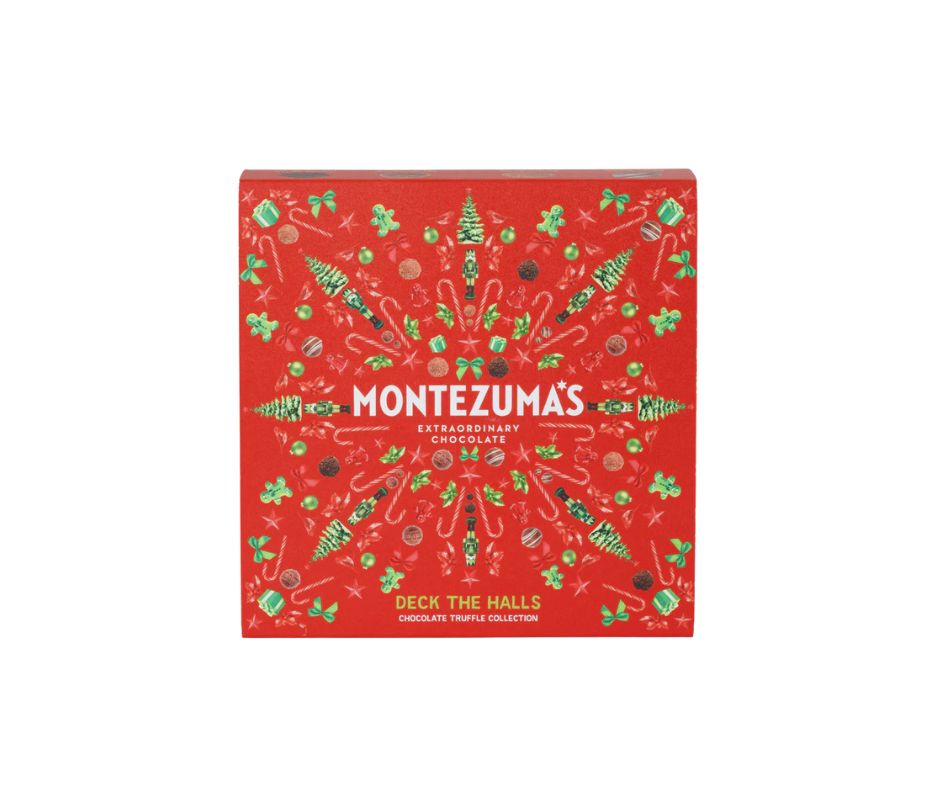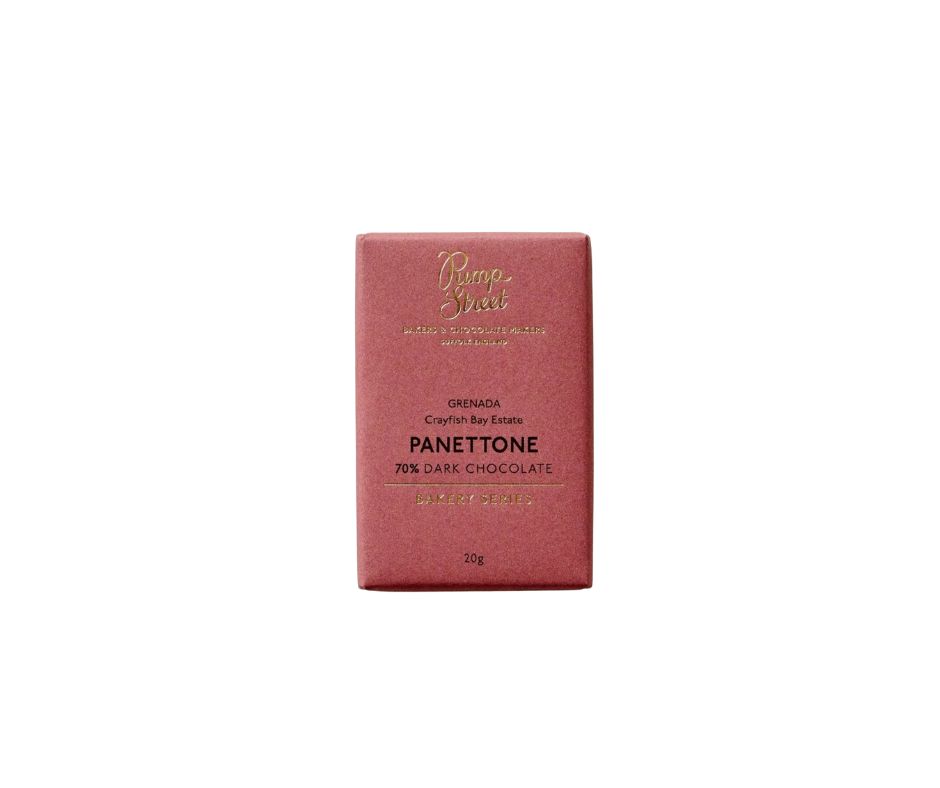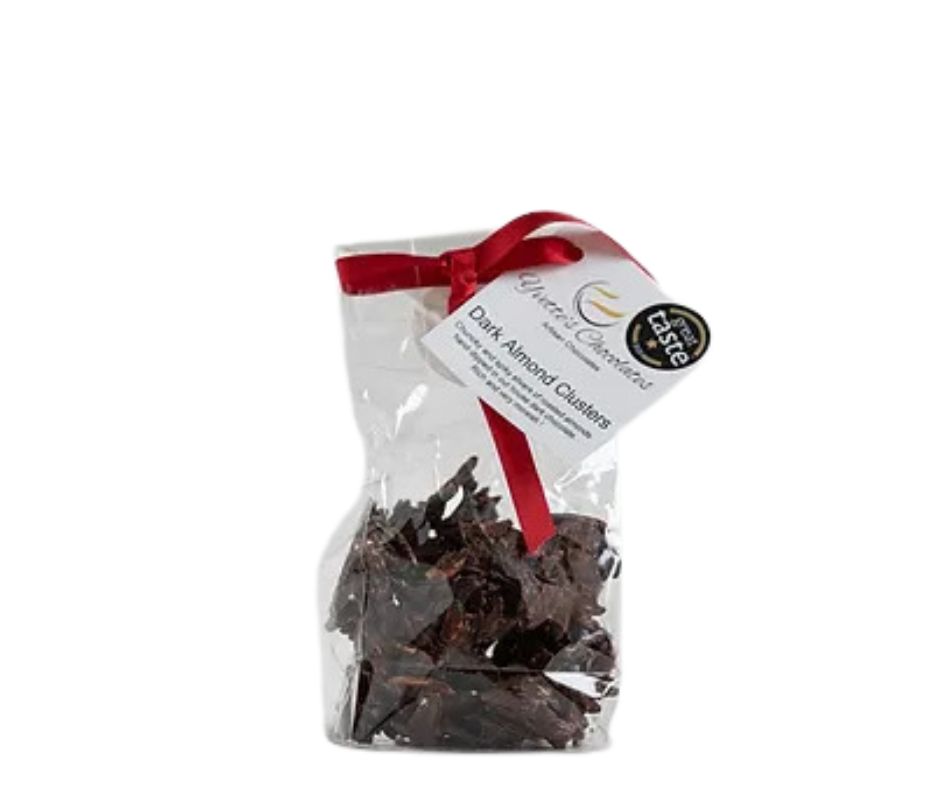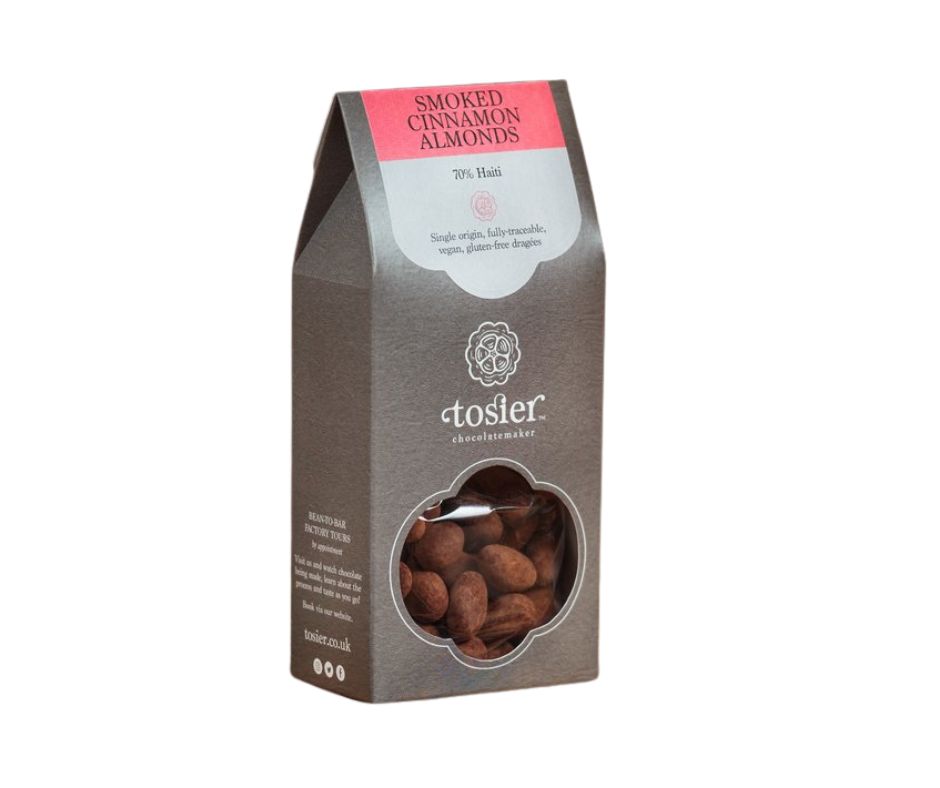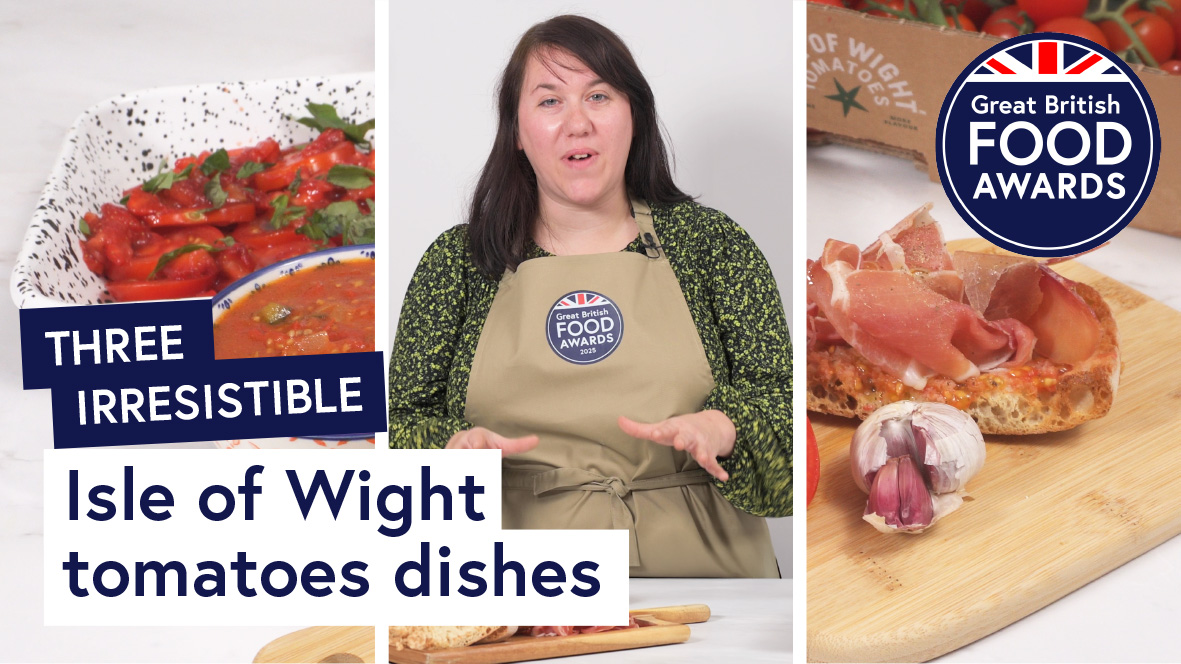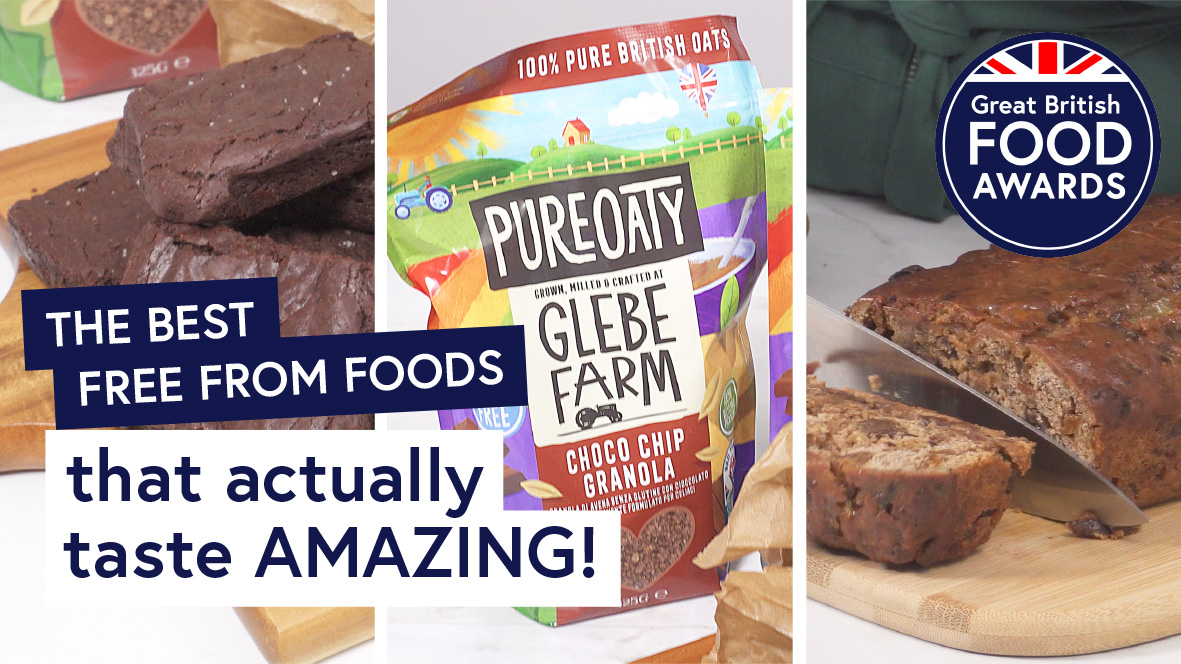Chocolate lovers, unite! The UK confectionery scene has come a long way since the days of Dairy Milk (as beloved as it is). Artisans all over the country are making chocolates that might make even the biggest Quality Street fan think twice.
What is bean to bar chocolate?
From bean to bar, the process is both an art and a science, requiring time, patience, and skill.
It all starts with selecting the finest cocoa beans – quality here is key. After harvest, the farmers ferment the beans to develop their rich, complex flavours. Then comes the drying stage, which prepares them for roasting. Roasting brings out the unique taste of the beans, with temperatures and times carefully controlled by chocolatiers.
Next, the beans are ground into a paste, separating the cocoa solids from the butter. This is where the magic happens: mixing. The ingredients – cocoa mass, sugar, and sometimes milk – are blended together.
After that, the process of conching refines the chocolate for hours to create that velvety-smooth texture. Finally, tempering ensures the chocolate sets beautifully with a glossy finish and satisfying snap.
The result? A bar of chocolate that’s ready to melt in your mouth. So next time you enjoy a square, remember the journey it took – from bean to bliss.
Where does chocolate come from?
So, where does chocolate come from? It all starts with a tree – the cacao tree, to be precise. Believe it or not, chocolate has a rich history dating back 5,000 years, with its origins in South America, where the cacao tree was first cultivated.
The process begins with harvesting cacao pods, which grow directly on the tree’s trunk and branches. Inside each pod are the precious cocoa beans that will eventually become chocolate. Today, most of the world’s cocoa is grown in West Africa, with Ivory Coast and Ghana leading the way. In fact, these two countries supplied an impressive 73% of the UK’s cocoa bean imports in 2021 alone.
From tropical rainforests to your favourite chocolate bar, it’s a journey that spans continents, cultures, and centuries.
Is chocolate good for you?
Milk chocolate fans, as much as you’d love to believe it, you can’t quite claim that chocolate is a health food. That said, eating chocolate does produce serotonin – the feel-good chemical – which explains why it’s such a comforting treat.
But if you’re after health benefits, it’s the dark chocolate variety that takes the spotlight. Just two squares of rich, dark chocolate a day could be good for your heart, boost your metabolism, and even support brain function. However, before you go wild adding bars to your shopping cart, remember to check the label – too much refined sugar could undo those potential perks.
Enjoy in moderation, and let each bite be a little moment of indulgence.
But regarding our awards, someone has to take on the – let's face it, delicious – task of taste-testing these creations. It's no surprise that Graham Hornigold, founder of Longboys, Smart Collective and Pretty Sweet and the former executive pastry chef for the Hakkasan group, has volunteered for two years.
If you are looking for something new and delicious, here is our list of the best British chocolate brands to try.
